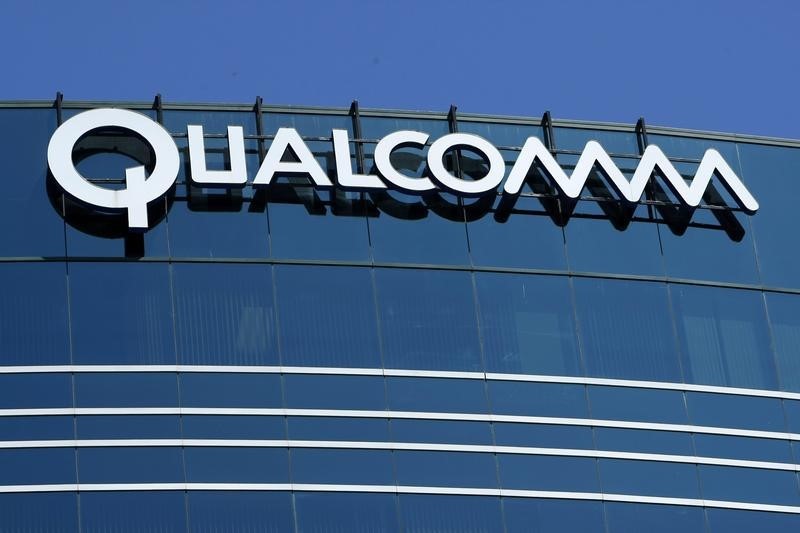Qualcomm reaffirms TSMC partnership for Snapdragon chips
2023.11.23 19:24

© Reuters.
Following a strategic decision, Qualcomm (NASDAQ:) has chosen to maintain its partnership with Taiwan Semiconductor Manufacturing Company (TSMC) for the production of its upcoming flagship Snapdragon 8 Gen 4 processors. This move comes despite Samsung (KS:) Foundry’s early advancements in gate-all-around (GAA) transistor technology, signaling Qualcomm’s preference for TSMC’s N3E technology and proven track record.
TSMC is ramping up its production capabilities, targeting a monthly output of 60,000 to 70,000 wafers by the end of this year, with ambitions to surpass 100,000 wafers next year. Each wafer is priced at $20,000, reflecting the high cost of utilizing advanced semiconductor technologies. Despite these costs, Qualcomm values the efficiency and yield rates that come with TSMC’s FinFET architecture.
In contrast, Samsung Foundry faces challenges with power and efficiency in its semiconductor offerings. However, the company is not without prospects; it may secure an order for Google (NASDAQ:)’s Tensor G4 chip based on an older generation node and is developing a proprietary processor for future Galaxy phones using second-generation GAA-based technology.
Meanwhile, TSMC continues to attract major clients in the semiconductor industry. Apple (NASDAQ:) has employed TSMC’s initial N3B technology for the A17 Pro chip within the iPhone 15 Pro series, despite a yield rate slightly above fifty percent at similar costs per wafer. This segment alone is expected to contribute to ten percent of TSMC’s revenue by next year.
Samsung Foundry is not resting on its laurels either. The company aims to acquire significant partnerships by 2030 through its energy-efficient GAA transistors. Although currently lacking major partnerships, there have been rumors of potential collaborations with AMD (NASDAQ:) and Qualcomm on advanced processes. Additionally, Samsung System LSI is advancing towards releasing their Exynos Dream Chip—the Exynos 2500—anticipated next year, which could mark a significant step forward in their in-house processor development.
This article was generated with the support of AI and reviewed by an editor. For more information see our T&C.







